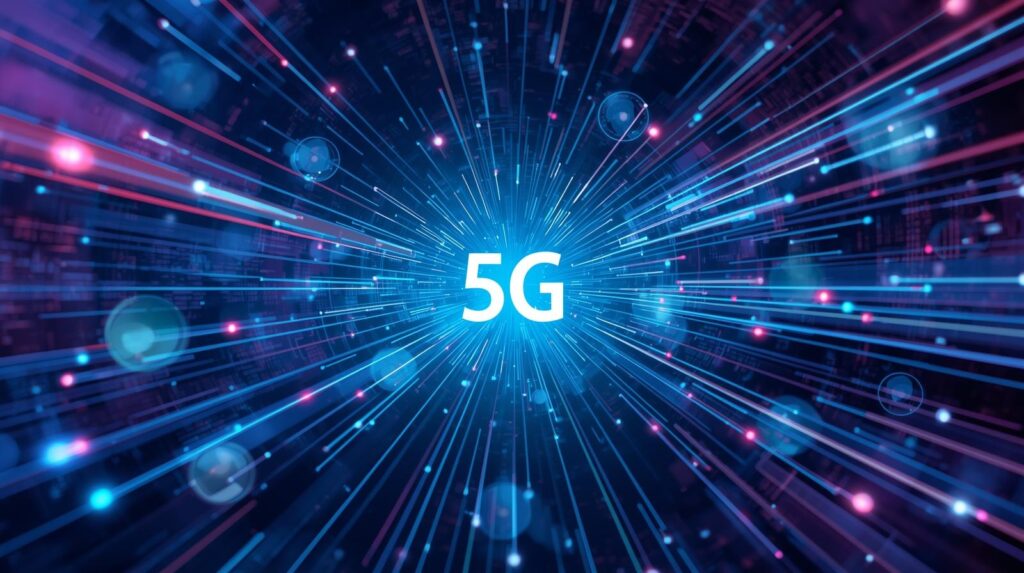The advent of 5G technology heralds a new era in smart communication, with the promise of transforming how we interact, conduct business, and experience the digital world. As a pivotal force in future communications, 5G is set to revolutionize various industries, offering unprecedented speed, reliability, and capacity.
At its core, 5G represents the fifth generation of mobile network technology, succeeding 4G LTE. It offers significantly faster data speeds, reduced latency, and the ability to connect a vast number of devices simultaneously. This enhancement in digital communication capabilities is crucial for supporting the growing demands of an increasingly connected world.
The Impact on Industries
Enhanced Mobile Broadband
5G’s most immediate impact will be on mobile broadband, providing users with faster and more reliable internet access. This improvement will support high-definition streaming, augmented reality, and virtual reality applications, elevating the user experience to new heights.
Internet of Things (IoT)
The Internet of Things stands to gain immensely from 5G technology. With its ability to handle a massive number of connected devices, 5G will enable seamless communication between IoT devices, facilitating smart cities, autonomous vehicles, and advanced healthcare solutions.
Industrial Automation
The manufacturing sector will benefit from 5G’s capabilities, particularly in automation and robotics. Enhanced connectivity and reduced latency will enable real-time monitoring and control of machines, leading to increased efficiency and productivity.
Challenges and Considerations
While 5G offers immense potential, its implementation poses certain challenges. The infrastructure required for 5G deployment is substantial, necessitating significant investment and collaboration between governments, telecom providers, and businesses. Additionally, concerns regarding data security and privacy must be addressed to ensure safe and trustworthy adoption.

Strategic Implications for Businesses
For Chief Technology Officers and Innovation Managers, the strategic integration of 5G technology is critical. Businesses must evaluate how 5G can align with their goals, driving growth and maintaining a competitive edge. This requires a forward-thinking approach, assessing both the opportunities and limitations that 5G presents.
Business Strategists should consider how 5G can create new business opportunities, enhance customer experiences, and optimize operations. By understanding the technology’s impact, they can develop strategies that leverage its capabilities to foster innovation and drive performance.
Conclusion
In conclusion, 5G is poised to redefine the landscape of digital communication and smart connectivity. Its potential to transform industries and empower businesses is immense, yet it requires careful planning and strategic implementation. As we navigate this new frontier, embracing the possibilities of 5G will be essential for those seeking to lead in the age of digital transformation.
As we continue to explore the role of 5G, what are your thoughts on its future implications? How do you foresee it influencing your industry? Share your insights in the comments below.




